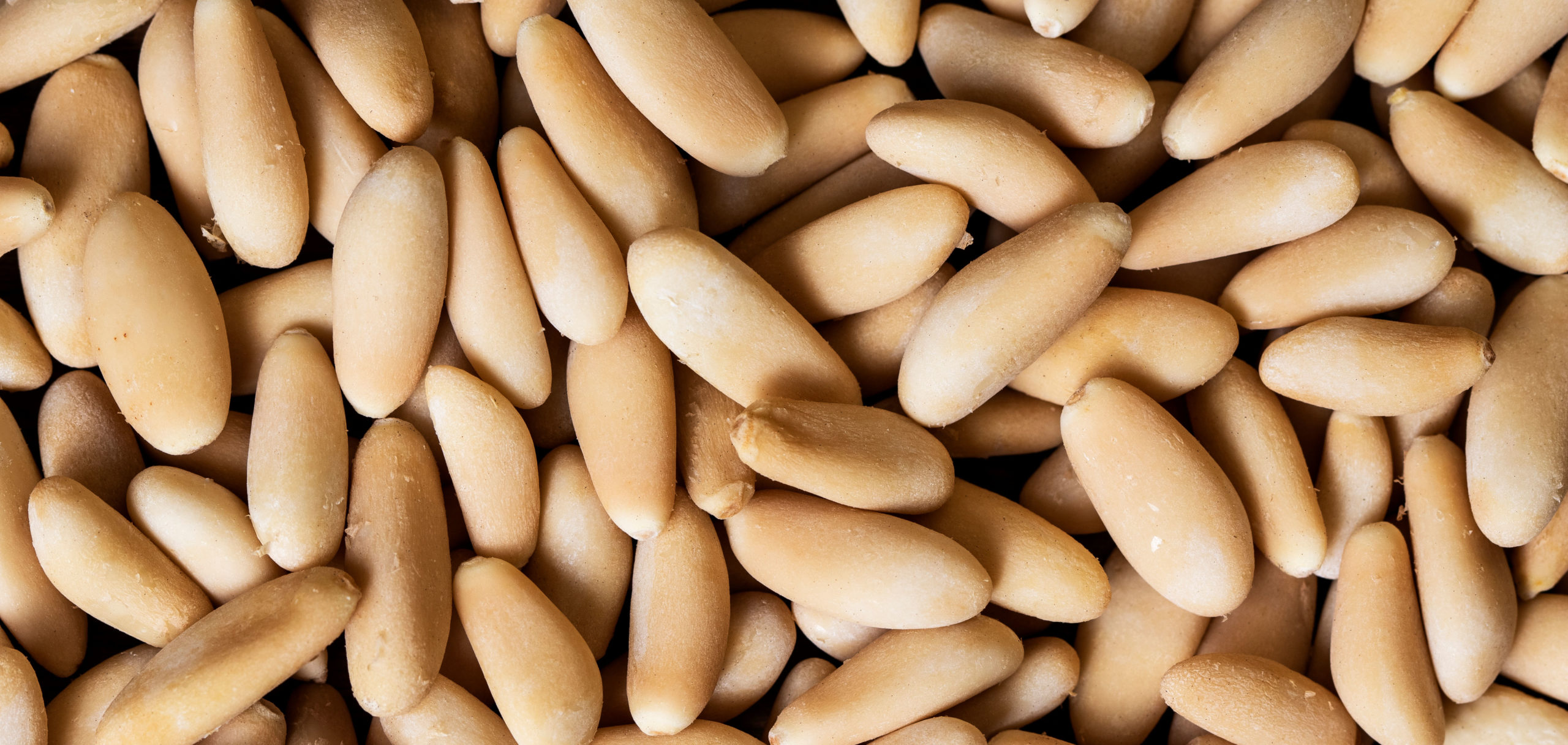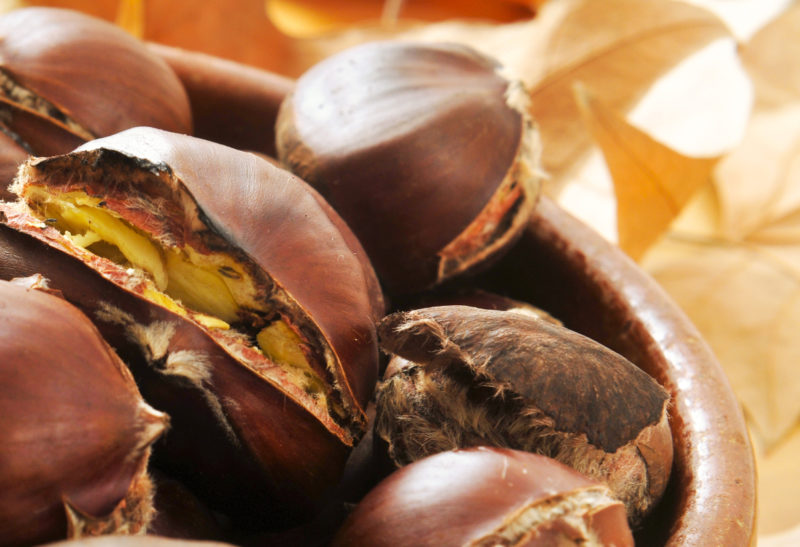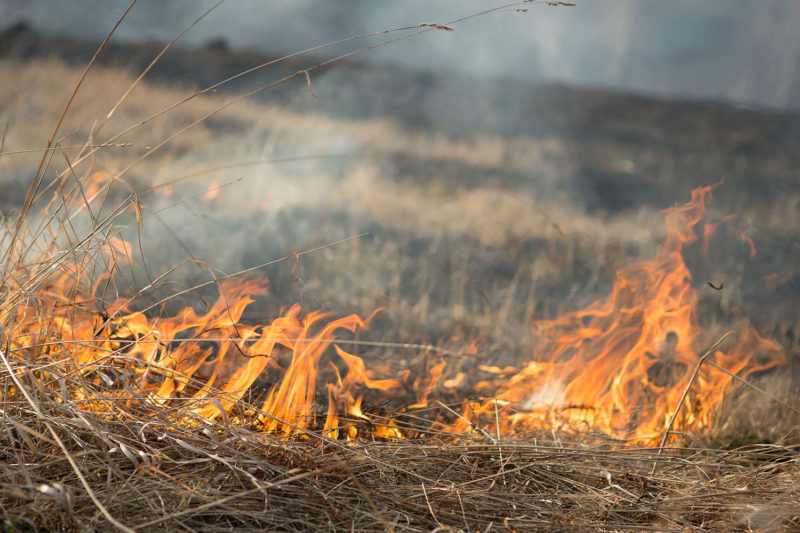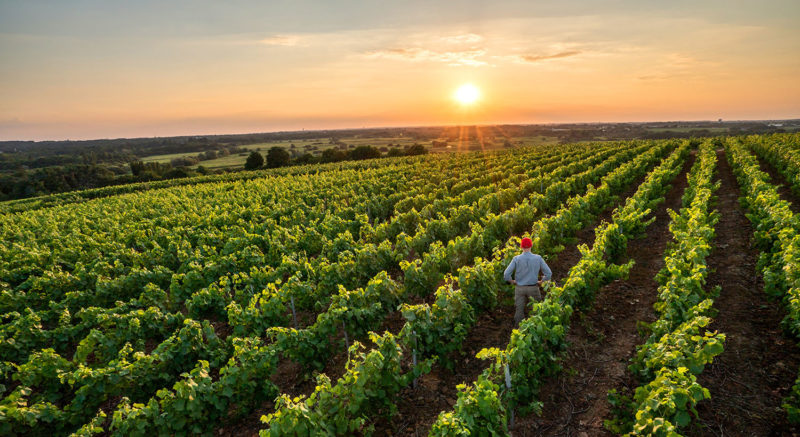

The pine nut crisis shakes up La Castanyada
Droughts, pests, plundering and inflation threaten the pine nut market in Catalonia. As a result, this Castanyada will be more expensive. Why don’t we make better use of our forests?
The Consorci Forestal de Catalunya estimates that in Catalonia there are some 38,000 hectares of stone pine, with a pine nut production potential of 500 kilos per hectare. “In a regulated sector, this product on the market would represent a turnover of five million euros,” tells the institution. Even so, the reality is that forest owners do not make any profit from their forests. That is why the price of pine nuts has risen steadily over the last decade.
According to the Observatori Forestal Català, in 2021 the price of white pine nuts reached 66.25 euros per kilo in the Barcelona market, 66.71 euros per kilo in the Reus market and 67.49 euros per kilo in the Alentejo market (Portugal), the main competitor on the peninsula. Thus, the price for the end consumer is between 70 and 100 euros per kilo. The increase year after year is evident. And this, obviously, also increases the price of the precious ‘panellets’ that we buy in the country’s bakeries and patisseries, as the Gremi de Pastissers de Catalunya reminds us.
The reasons for this rise, according to the Consorci Forestal de Catalunya, have to be found on the black market, where the looting of pine nuts is widespread and “without any kind of control”. In addition to the pillage, there is also the devastation caused by pests, such as the American pine bug, which attacks the youngest pine cones. And to all this must be added the droughts that have ravaged Mediterranean forests in recent summers and competition from Asian pine nuts, which are of lower quality.
The prized pine nuts, the product of the Mediterranean forest
For all these reasons, experts determine that the production and use of pine nuts is far below its potential. With this in mind, the Consorci Forestal de Catalunya has set up the Quality Pinea project, which aims to help producers to make the most of their stone pine forests, but also to carry out research. With the support of the Cooperativa Serveis Forestals (Cooperative Forestry Services), the institution provides free advice on how to boost pine nut productivity on private farms.
Thus, the Consorci Forestal de Catalunya accompanies producers to grow new plantations of stone pine with grafts and helps to start up the production of a forest mass. It also advises on how to develop the most suitable pine cone harvesting systems according to the type of farm and, finally, it helps with the marketing of both pine cones and pine nuts.
In fact, stone pine plantations are an alternative to agricultural crops and, therefore, a viable option for agroforestry owners. In addition, the institution draws up inventories of forest stands and other stands of stone pine for treatments and works in collaboration with the Centre Régional de la Propriété Forestière Occitanienne (CRPF Occitanie), which is active in the Pyrénées-Orientales region of France. The producers now hope that the growing interest in pine nut production will encourage Catalonia to regulate the market and take advantage of this small treasure that the region has to offer.
11Onze is the community fintech of Catalonia. Open an account by downloading the super app El Canut for Android or iOS and join the revolution!





Hem de fer un resset al país.
Molt bé, Mercè, i això com es fa? Depèn de nosaltres? Moltes gràcies pel teu comentari!!!
A Catalunya tenim de tot, ens falta cultura de país per treure profit de tot .
A poc a poc, Manel! Seguim a La Plaça.
Em de cuidar la comunitat i les seves aportacions, fruits per el bé de tots. És lamentable que sempre surtin els aprofitats fent difícil la convivència.
És veritat s’hauria de posar una regulació específica per evitar el pillatge, però encara hi així existiria aquest mercat. Són falles de mercat que acaben afecten a l’alça el preu del pinyó i que hi hagi un pinyó xinès tampoc ajuda, perquè alguns aprofitaran per fer-ne els passar per aquí per treure benefici de la diferència de preus.
Crec que es important cuidar i protegir els nostres productes. Som un territori ric pero poc treballat.
Gràcies pel teu comentari Anna!
Si n’ hi ha de coses per fer a Catalunya si s’ anés per feina!
Doncs sí Mercè, unes quantes! Gràcies, pel teu comentari
El pinyó però també els bolets que són al bosc se sol considerar que no tenen propietari (no és així) i om en cull per vendre allò que no és seu (benefici sense risc) resultat: sobreexplotació i moltes vegades destrosses. Cal una regulació legal però també una presa de consciència social
Gràcies pel teu comentari Francesc!
Ok 👍
Gràcies, Josep!!!
👌
Gràcies, Joan!!!
No hi ha hagut mai o poca tradició de cuidar els boscos propis a Catalunya ,i ara el pinyó es caríssim
Tens raó, Alícia. L’explotació sostenible dels nostres boscos és encara una assignatura pendent a casa nostra.